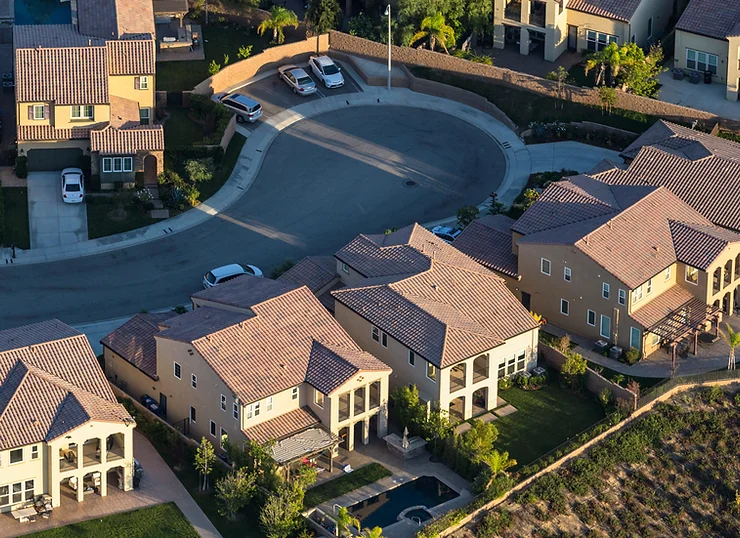Homeowners Associations (HOAs) are common in many residential communities, and their rules and regulations can have significant impacts on homeowners’ rights. One area where disputes often arise is home remodeling. This article presents a hypothetical situation involving an HOA’s overreach in blocking a remodel application, highlighting key legal principles and potential remedies.
Hypothetical Situation
John Smith, a homeowner in the Pleasant Grove Community, decides to remodel his house. He carefully reviews the community’s Covenants, Conditions, and Restrictions (CC&Rs) and designs a remodel plan that complies with all the relevant guidelines. Despite this, the HOA’s architectural committee denies John’s application without a clear explanation.
Upon investigation, John discovers that the denial is inconsistent with the CC&Rs and appears to be a subjective decision by the committee, which violates the community’s governing documents.
Legal Analysis
John’s situation highlights several important aspects of HOA law:
1. Compliance with CC&Rs: HOAs must adhere to their own CC&Rs. If the denial of John’s application was in violation of these rules, it could constitute a breach of the governing documents.
2. Reasonable Decision Making: HOAs are generally required to make decisions in good faith and in a reasonable and non-arbitrary manner. If John’s application met the CC&Rs’ requirements, the arbitrary denial could be legally challenged.
3. Dispute Resolution: Many HOAs have internal dispute resolution procedures that must be followed before taking legal action. John may be required to engage in this process before pursuing a lawsuit.
4. Legal Remedies: If the dispute cannot be resolved internally, John may have legal grounds to file a lawsuit against the HOA. Depending on the jurisdiction and the specific facts of the situation, he might seek remedies such as a court order requiring approval of the application, damages for any financial loss, or even attorneys’ fees.
Conclusion
The hypothetical situation involving John Smith illustrates the complexity of HOA law, particularly when it comes to home remodeling. Homeowners must carefully navigate the rules and regulations set forth in the CC&Rs, and HOAs must act in accordance with these governing documents.
Those facing similar disputes with an HOA should consult an experienced real estate attorney with expertise in HOA law. An attorney can review the CC&Rs, analyze the specific situation, and provide guidance on the most appropriate course of action, whether that involves internal dispute resolution or legal proceedings. Understanding one’s rights and responsibilities in an HOA-governed community is crucial to resolving such disputes in a lawful and fair manner.







